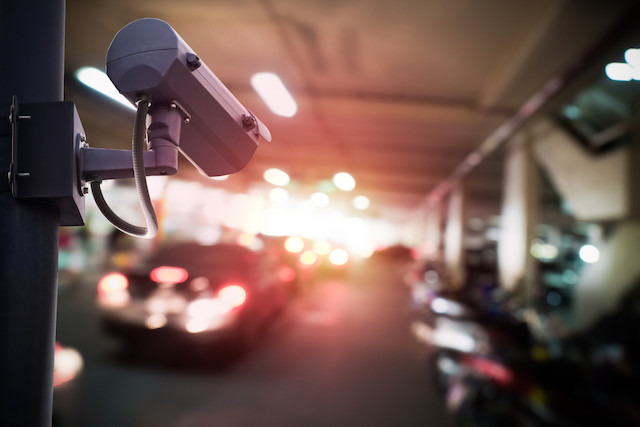Speaking in parliament on Thursday, François Bausch (déi Gréng) said that the controversial technology would not be implemented during his term in office.
Facial recognition software maps an individual’s facial features and stores that data as a faceprint. Artificial intelligence is then able to analyse video-feeds to track people. It is mostly used for security purposes, but there is an increase in its use for other areas, giving rise to fears that in the wrong hands it can be abused to breach privacy and human rights.
Chinese authorities began using facial recognition software in 2017 and reportedly use it to monitor and repress the activities of the Uighur ethnic minority people. In January 2019, London police tested facial recognition for crime prevention in Romford, part of a three-year trial. Not everyone approves of the technology, and San Francisco and Oakland banned facial recognition use by public bodies until regulations are in place, according to the FT.
Draft CCTV law
The subject arose during discussions around a new draft bill to update the legal framework around the network of police surveillance cameras and bring it in-line with the general data protection act of 1 August 2018.
The bill, which will be presented next week, will define the criteria for selecting areas to be monitored, based on the number of crimes reported at a site or the nature of the site, for instance areas where major public events are hosted.
A key concern remains the handling of private data, in particular how long it is stored for. Under current rules, footage is automatically deleted after 60 days. Some MPs raised concerns that late reporting of crimes would limit access CCTV footage that could serve as evidence. Footage storage and disposal procedures were also discussed and MPs wanted clear guidelines on who would have access to the material.
MPs who were skeptical of the effectiveness of CCTV for preventing crime called for further studies with a wide selection of actors.
Luxembourg introduced CCTV in Luxembourg City in 2007. Former security minister Etienne Schneider (LSAP) previously responded to a parliamentary question in 2018 saying that from 2007 to 2016, CCTV had helped authorities identify 1,223 suspects in 2,504 crimes reported in areas covered by the camera network.
